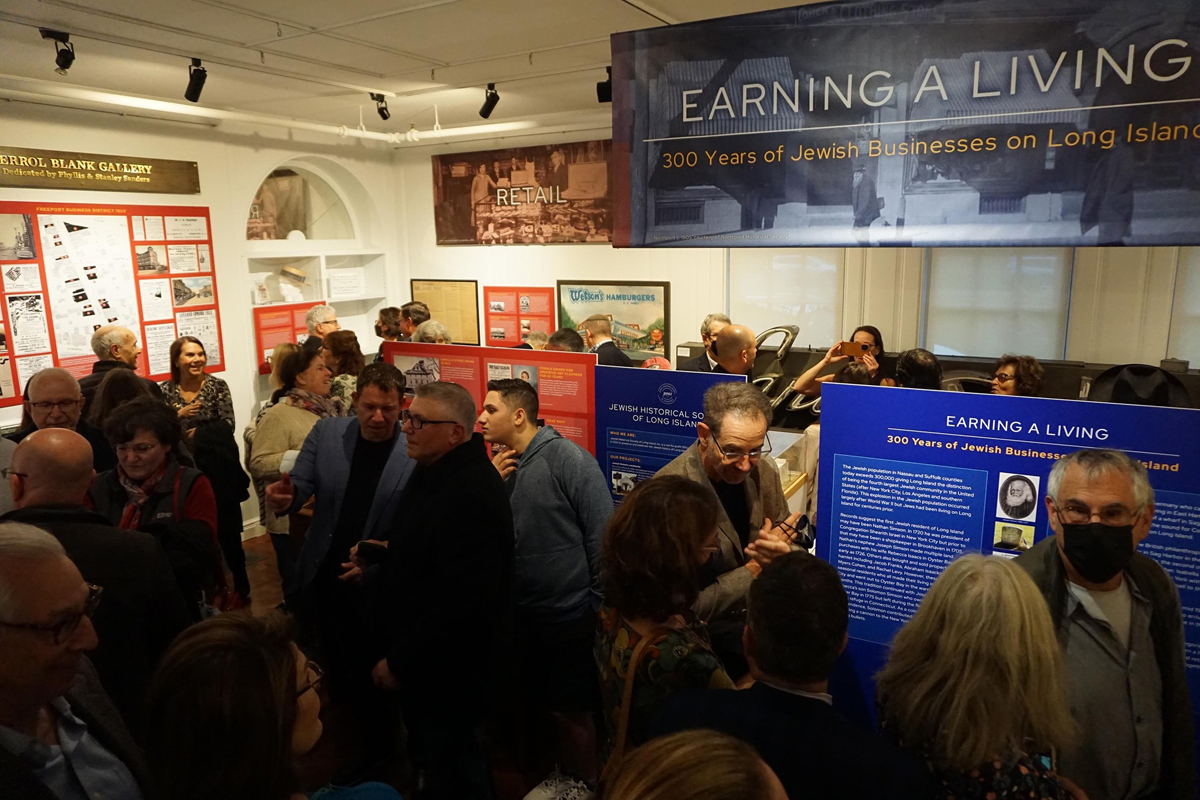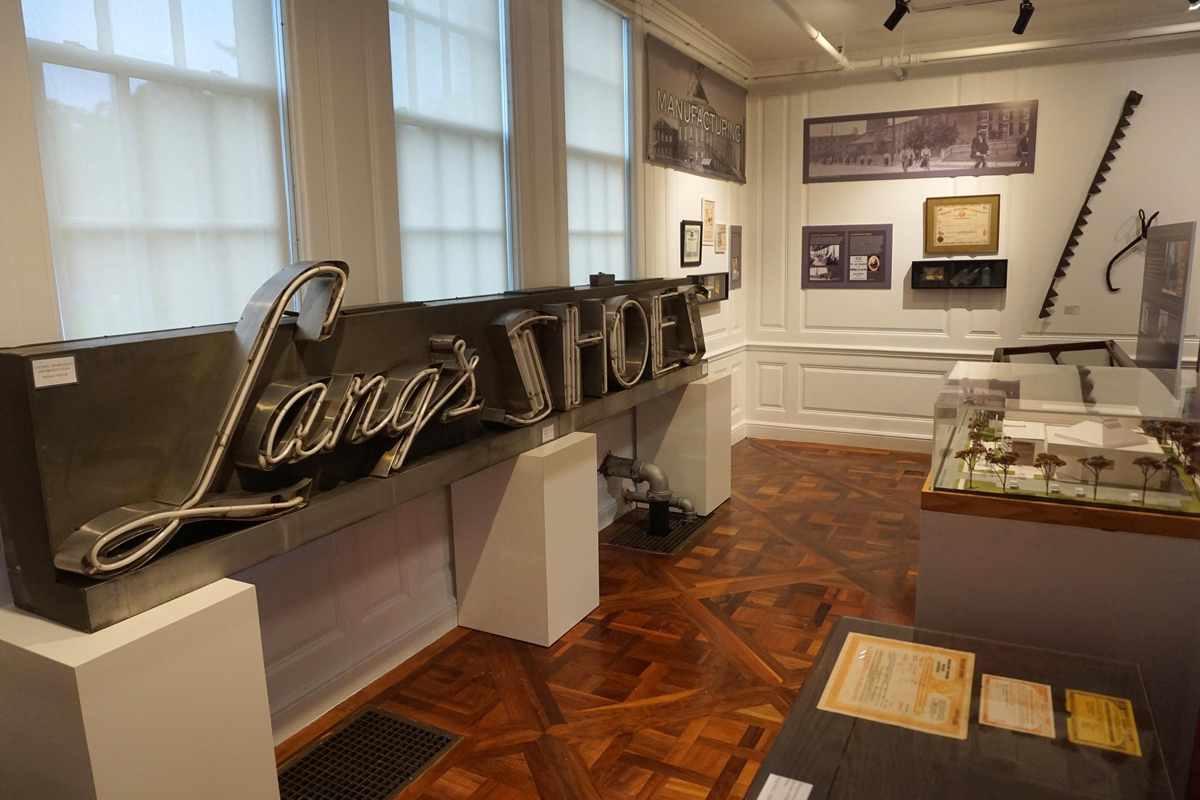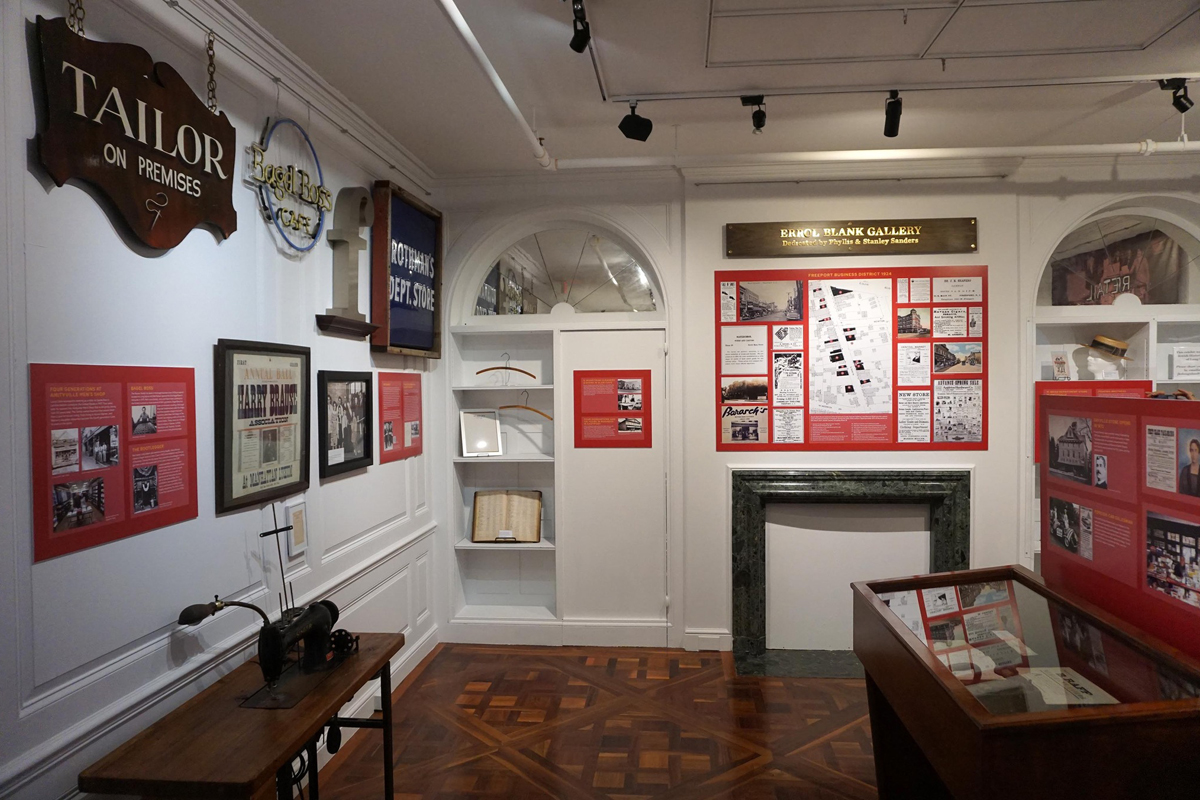Considering the enormous impact that Jewish people have had upon Long Island over the years, one might find it relatively odd that an official organization chronicling their rich history was only first founded a mere two years ago, and that it took a once-in-a-century global pandemic to serve as the impetus for it to happen.
Brad Kolodny, Founder and President of the Jewish Historical Society of Long Island, said that he first established it in June of 2021 after having written two books on the Jewish people of Long Island’s yesteryear.
“It’s a very recently formed organization that was born out of the fact that I personally have written two books on Long Island Jewish history,” he said. “The first one came out in 2019, and that book is called Seeking Sanctuary: 125 Years of Synagogues on Long Island, and it’s a comprehensive look at every single synagogue building, past and present, that has ever been used in Nassau and Suffolk County as a Jewish house of worship.”
The second book, he said, was born out of the COVID-19 pandemic; during lockdown measures instituted to curb the spread of the virus, Kolodny found himself unable to commute to work and, with an abundance of free time in his hands, set about to pen his second tome which was released in 2022 under the title of Jews of Long Island: 1705 to 1918.

Photo Credit: Chris Leonardi
“I decided to dedicate myself to a new topic to write about, and that was a comprehensive look at the entire Jewish community in Nassau and Suffolk counties…when they came to Long Island, why they decided to move east from New York City, how they earned a living,” he said. “I also set out to dispel the myth that Jews only came to Long Island after World War II. The book basically outlines the fact that there were over 4,000 Jews who lived on Long Island even before the end of the first World War. I found the names of all the Jewish people who lived here at that time, and all their names appear in the book.”
The Jewish Historical Society was born out of the fact that Kolodny needed to do a tremendous amount of research for his two books; while doing so, he said he was meeting a great many individuals whose ancestors had moved to Long Island around the turn of the century.
“These people had all these different records and artifacts from the businesses their relatives had started and their own family histories, but they didn’t know what to do with them,” he said. “I told them that if they were willing to donate them to me, I would put them to good use, and that’s really where the Historical Society was born.”
And during the two years following the founding of the Historical Society, Kolodny said that it has already accomplished a great deal.

Photo Credit: Chris Leonardi
“We have applied for and received grants to put up historical markers, and we’ve already put up one in 2021 that celebrated the 125th anniversary of the first synagogue built on Long Island, which was in Setauket in 1896,” he said.
Currently, the Historical Society is without a building to call home; however, the organization is now utilizing space in Glen Cove allotted to them by the Holocaust Memorial and Tolerance Center of Nassau County, where they currently are running a fascinating exhibit entitled Earning a Living: 300 Years of Jewish Businesses on Long Island, which will be running throughout the end of August 2023.
“They’ve been kind enough to give a space within their special exhibition gallery, and that’s where we have set up this exhibit,” Kolodny said. “The arrangement with the Holocaust Center is that we would have the space for one year…the exhibit went up in October of 2022, and our time is coming to an end at the end of August.”
The exhibit is divided into four categories: farming, manufacturing, retail, and miscellaneous; the first three categories, Kolodny noted, were the most prominent occupations for Jews on Long Island in their earliest days.

Photo Credit: Chris Leonardi
“The most common occupation was retail. For example, there was a department store in Southold called Rothman’s, and we have the sign that was on the front of their building. We have the letter “F” from Fortunoff, which started in Westbury in 1964, in addition to historical items from all different kinds of other businesses,” he said. “As for manufacturing, they were factories in places like Setauket, Sag Harbor, and Patchogue that drew Jewish immigrants, and this started some of the earliest Jewish communities on Long Island.”
In addition, Jews played an important role in Long lsland’s farming industry as well; there were dairy farmers and duck farmers, as well as farmers that grew traditional crops such as fruits and vegetables. The miscellaneous category runs the gamut from newspaper publishers, doctors, lawyers, authors, and a plethora of other occupations; Kolodny said that the exhibit displays numerous items and artifacts representing these two categories as well.
However, the impending end of the agreement with the Holocaust Center certainly doesn’trepresent the end of the Historical Society’s ability to present educational exhibits on Jewish life on Long Island. Indeed, Kolodny noted that the Historical Society is in the process of securing their own space so that it will have a physical home in the near future.
Kolodny said that the time allotted to him by the pandemic ended up being a blessing in disguise, because it allowed him to realize the importance and need for a historical society representing the Jewish people on Long Island highlighting the vital contributions that they have made, leading him to begin the journey to making such a society a reality at last.

Photo Credit: Chris Leonardi
“It was so surprising to me that there had not been a Jewish historical society for Long Island before we did it in 2021…Long Island today is the fourth largest Jewish community in the country and they did not have a historical society until now,” he said. “I’m very proud that we are the first to do this, and I’m also very pleased at the reception that we have gotten and the success that we have enjoyed early on.”
To find out more about the Jewish Historical Society of Long Island, please visit their website at https://www.jhsli.org.














